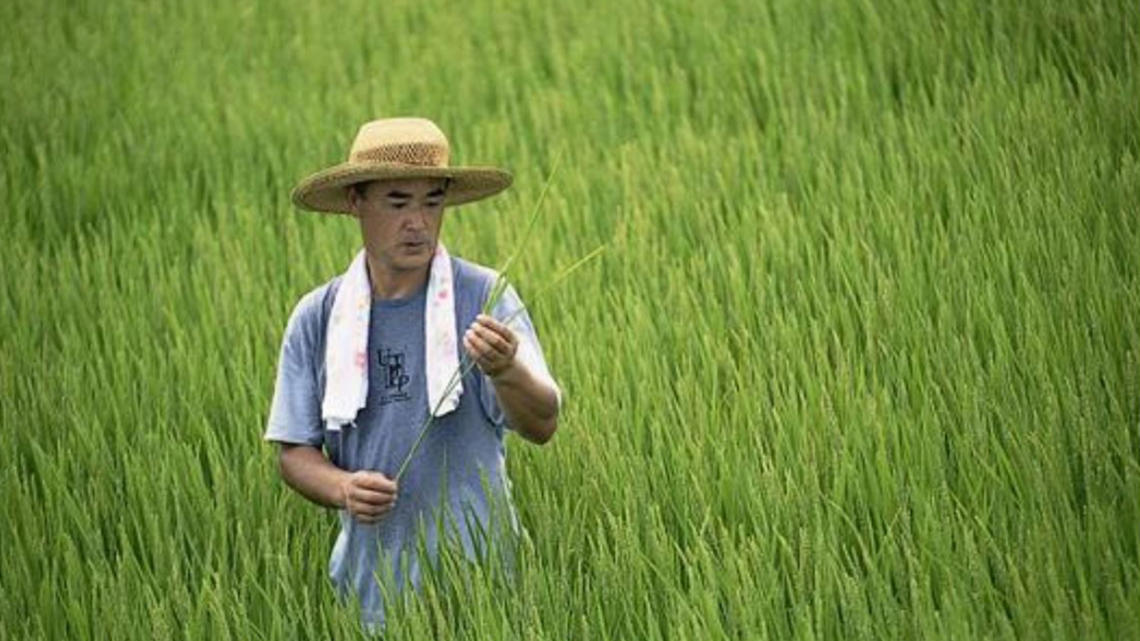Syngenta, one of the world’s leading companies dedicated to the purpose of bringing plant potential to life, aims to help growers deliver greater food security to an increasingly crowded world in an environmentally sustainable way. That calls for a step change in productivity and resource efficiency – on both the world’s 5 million large farms and its 450 million small holdings. This will require a system-wide approach that links people, land and technology as the foundation for a sustainable production system.
The magnitude of the world’s food security challenge is well documented. By 2050 the global population will exceed 9 billion people. In order to feed this population, it is estimated that global food production will need to increase by some 70 per cent. This is a tremendous challenge which is further exacerbated by existing constraints such as erratic climatic conditions, limited farmland availability, scarcity of natural resources as well as lack of infrastructure and finance.
This WBCSD case study highlights the Rice Bowl Index, an initiative conceived by Syngenta to facilitate positive productive dialogue, collaboration and action between governments, the private sector and other key stakeholders in the area of food security.
The Index assesses how robust a country’s capacity is to address the challenges of food security. Its unique feature is that it captures the complexity of food security through a multi-dimensional approach and reduces this complexity into user-friendly charts and tables. These provide a platform for discussing potential action to address the challenges.
The Index consists of:
- A quantitative component which is a modular diagnostic platform examining the key enablers anddisablers of food security, built on Frontier Strategy Group’s MarketView© Platform;
- A qualitative component in the form of a white paper authored by Prof. Paul Teng, one of Asia’s leading food security experts.
The Rice Bowl Index is the product of two years of planning and consultation with inter-governmental organizations, food and agriculture companies, non-governmental organizations, multi-disciplinary experts, academia, civil society groups and media.
Launched on the sidelines of the World Economic Forum East Asia Summit 2012 in Bangkok, the Index is an ongoing engagement platform with an initial focus on Asia Pacific.


